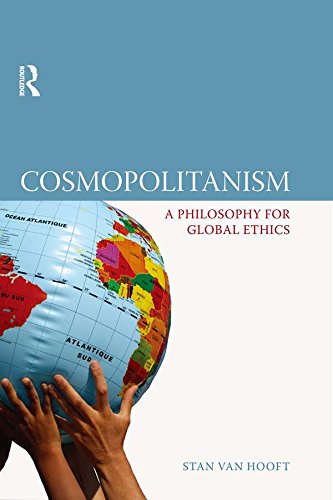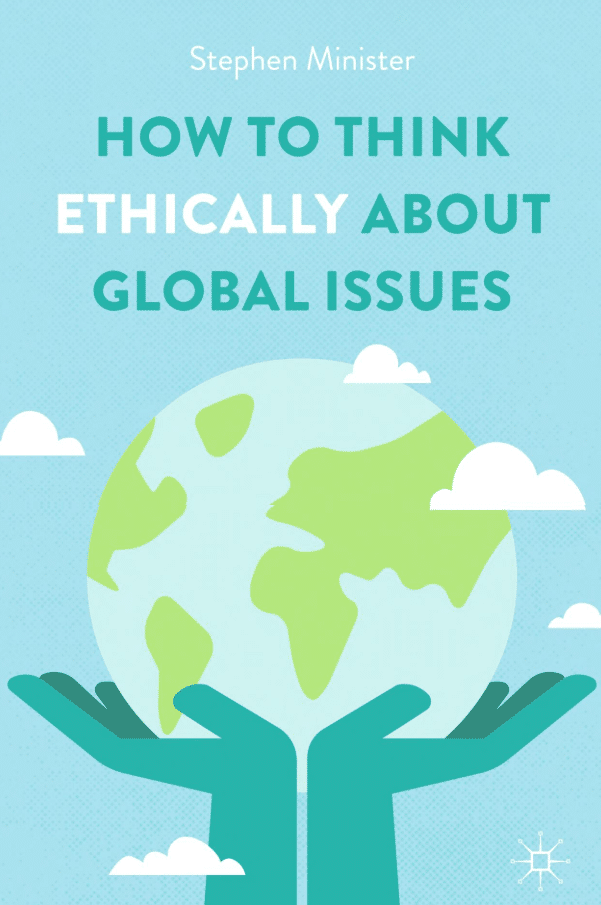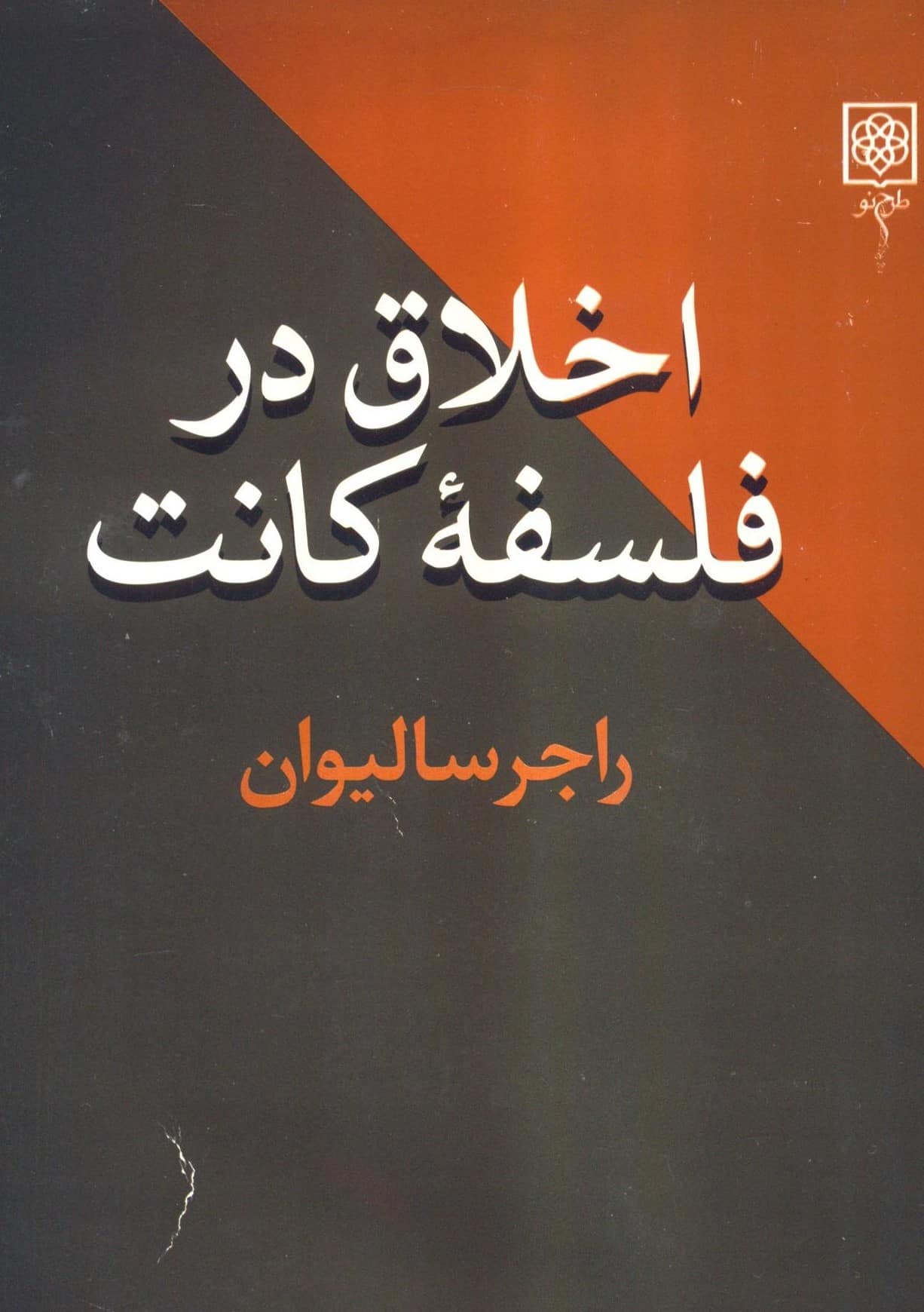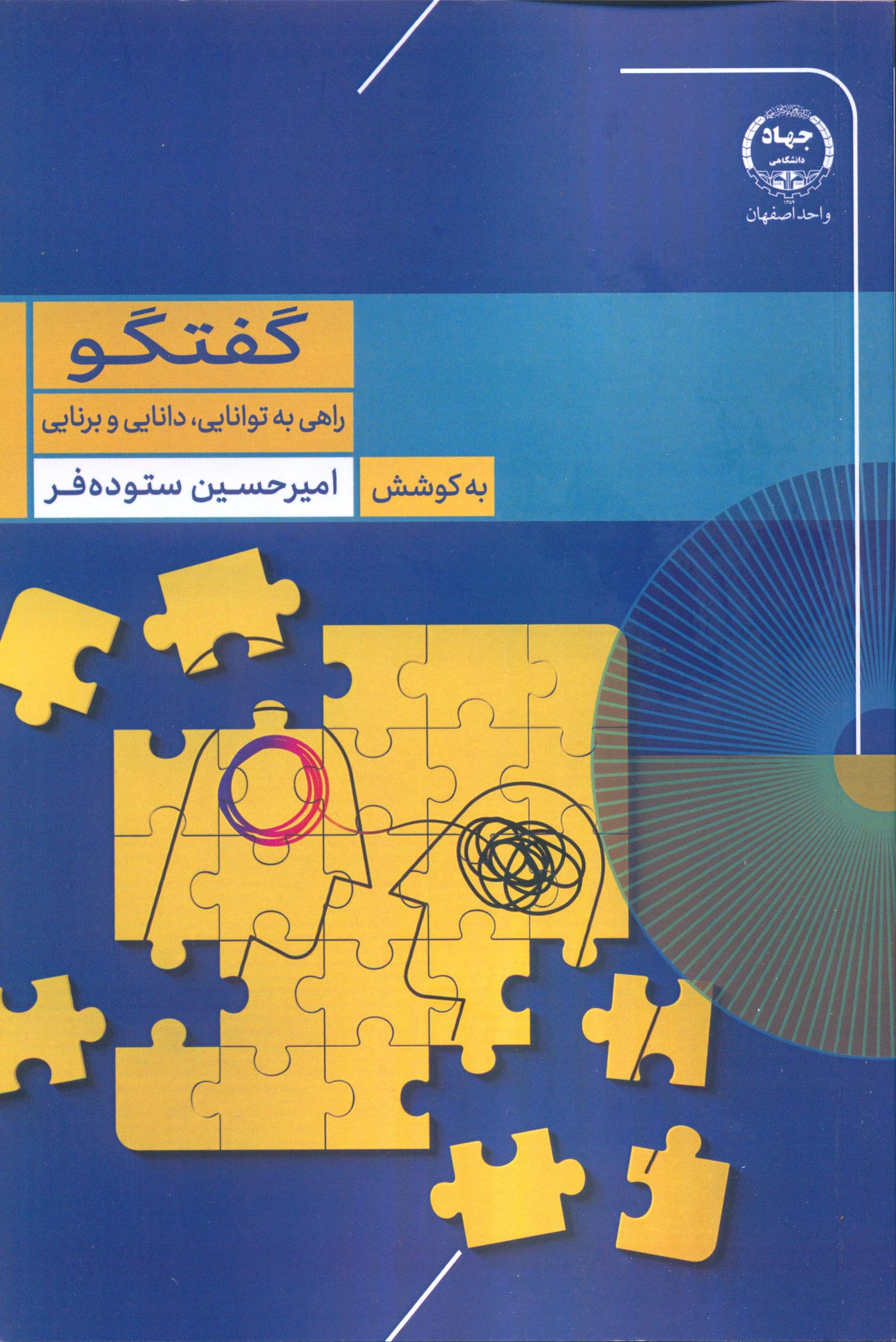جهانوطنی موضعی اخلاقی، بحث برانگیز، و مطالبهگر است. جهانوطنی ما را ترغیب میکند تا تمام جهان را به دغدغههای اخلاقی خود وارد کنیم و معیارهای بیطرفی و برابری را فراتر از مرزهای ملیت، نژاد، مذهب یا جنسیت به گونهای بهکار بریم که حتی تا پنجاه سال پیش هم شنیده نشده بودند. جهانوطنی به طیفی از فضایل اشاره میکند که فرد جهانوطن باید به نمایش گذارد: فضایلی مانند مُدارا، عَدالت، پرهیزکاری، خشمِ بهجا نسبت به بیعدالتی، سخاوت نسبت به فقرا و گرسنگان، مراقبت از محیط زیست جهانی و اشتیاق به پذیرفتن مسئولیت تغییر در مقیاسی جهانی. این کتاب ارزشهای جهانوطنی را توضیح میدهد و از آن حمایت میکند، بین شکلهای گوناگون جهانوطنی قضاوت و از آن در برابر منتقدانش دفاع میکند. جهانوطنی با عدالت توزیعی بینالمللی؛ صلح؛ حقوق بشر؛ پایداری زیست محیطی؛ حمایت از اقلیتها، پناهندگان و دیگر گروههای تحت ستم؛ مشارکت دموکراتیک؛ و تساهل بین فرهنگی ارتباط دارد.
این کتاب بنا ندارد اطلاعاتی واقعی دربارۀ موضوعات جهانی یا نسخههایی برای حل مسائل جهانی ارائه کند. در عوض، موضوعات اخلاقی ذاتی شده در مسائل جهانی را برجسته میکند و وظائف اخلاقی افراد، شرکتهای چند ملیتی، و دولتهایی که ممکن است ارتباط با آن مسائل اخلاقی داشته باشند، تعیین میکند. این کتاب در عین حال که شکل جهانوطنی اخلاق جهانی، شکل لیبرالی دانش سیاست، شکلهای پایدار و عادلانۀ کسب وکار، و رویکرد بینالمللی به حاکمیت و کشمکشهای جهانی را بیان میکند، میکوشد جنبههایی مختلف از آن دسته از بحثهای اخلاقی ارائه دهد که میتوانند از حمایت استدلال عقلانی برخوردار باشند. این کتاب با بحث در آثار کوامه آنتونی آپیا، سیلا بن حبیب، مارتا نوسبام، توماس پوگ، جان رالز، آمارتیا سن، هنری شو، پیتر سینگر و دیگران، مروری واضح و قابل فهم از جهانوطنی ارائه میدهد و واقعیت حقوق و مسئولیتهایی را تحلیل میکند که از آنها حمایت مینماید.
Cosmopolitanism is a demanding and contentious moral position. It urges us to embrace the whole world into our moral concerns and to apply the standards of impartiality and equity across boundaries of nationality, race, religion, or gender in a way that would have been unheard of even fifty years ago. It suggests a range of virtues, which the cosmopolitan individual should display: virtues such as tolerance, justice, piety, righteous indignation at injustice, generosity toward the poor and starving, care for the global environment, and the willingness to take responsibility for change on a global scale. This book explains and espouses the values of cosmopolitanism, adjudicates between various forms of cosmopolitanism, and defends it against its critics. Cosmopolitanism has relevance for international distributive justice; peace; human rights; environmental sustainability; protection for minorities, refugees, and other oppressed groups; democratic participation; and intercultural tolerance. The book does not aim to impart factual information about global issues or to offer prescriptions for the solution of global problems. Rather, it highlights the ethical issues inherent in them and identifies the moral obligations that individuals, multinational corporations, and governments might have in relation to them. While espousing a cosmopolitan form of global ethics, a liberal form of politics, sustainable and just forms of business practice, and an internationalist approach to global conflict and governance, it seeks to present as many sides of the ethical debates as can be supported by reasonable argument. Discussing the work of Kwame Anthony Appiah, Seyla Benhabib, Martha Nussbaum, Thomas Pogge, John Rawls, Amartya Sen, Henry Shue, Peter Singer, and others, this book provides a clear and accessible survey of cosmopolitanism and analyses the reality of the rights and responsibilities that it espouses.
Title: Cosmopolitanism: A Philosophy for Global Ethics
Author: Stan van Hooft
Publisher: Routledge, 2014
ISBN: 1317492358, 9781317492351
Length: 256 pages
Subjects: Philosophy, General
Hooft, Stan van (2014). Cosmopolitanism: A Philosophy for Global Ethics. Oxford: Routledge




